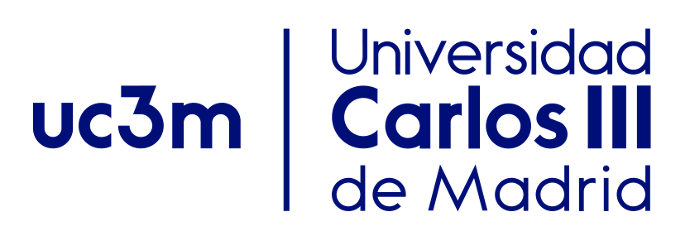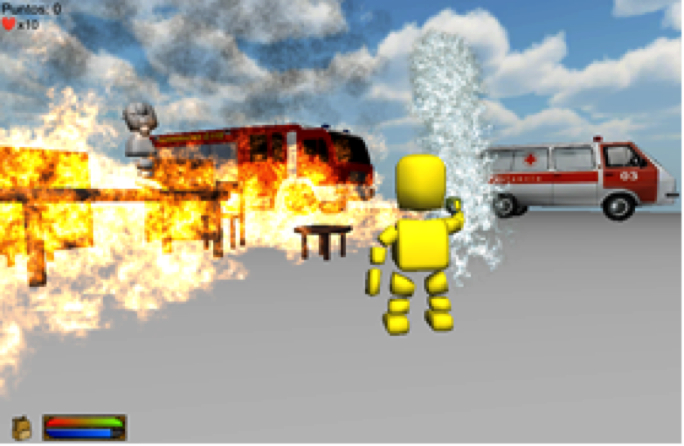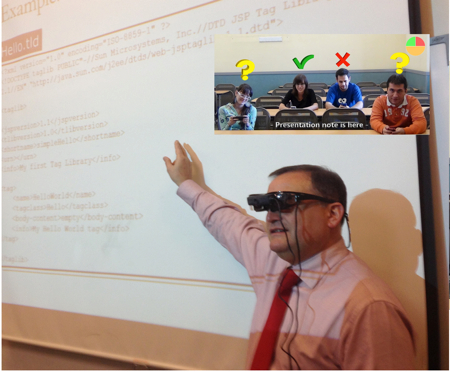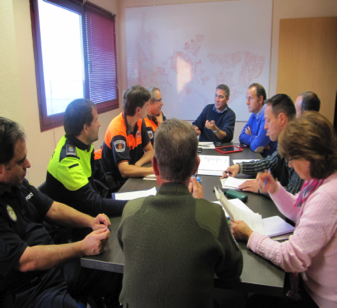Projects
TIPEx: Information Technologies for Planning and Training in Emergencies
Emergency situations are characterized by their unpredictability as well as by their fatal consequences in terms of human lives and material costs. One way of improving the management of emergency situations is by the definition of suitable Emergency Plans as well as by the training of participants in the application of such plans. An Emergency Plan is defined as a document that compiles both the prevention rules and the procedures to be applied in an emergency situation by detailing all potential incidences that might occur and influence its management. In order to design a good Emergency Plan, experts from different areas need to work collaboratively to identify all the events and the relationships among such events.
Objectives:
The main purpose of this project is to study different information technology techniques in order to ease both the elaboration and the training of Emergency Plans based on the use of scenarios. The use of such techniques will allow the collaborative development of Emergency Plans, the use of rich formats that provide different perspectives of a plan, the exportation and sharing of plans in order to increase their evolution and improvement, the instruction of participants as well as a better interaction, participation and exchange of knowledge. The achievement of all of these objectives will require the definition of a process model that guarantees the collaborative participation of stakeholders, the development of an emergency situation meta-model, the application of advanced interaction models, the development of Emergency Plans, training and the development of proofs of concepts with advanced interfaces.
Related publications:
- Álvaro Montero Montes, Telmo Zarraonandia, Ignacio Aedo, Paloma Díaz :"Uses of Augmented Reality for Supporting Educational Presentations" ,in Beijin, China ,Proceedings of 13th IEEE International Conference of Advanced Learning Technologies (ICALT) (2013-07-15) ,426-428 .
- Telmo Zarraonandia, Ignacio Aedo, Paloma Díaz, Álvaro Montero Montes :"A Case of Use of Augmented Reality for Supporting Communication in Presentations" ,7th International Conference on Ubiquitous Computing & Ambient Intelligence (2013-12-09) .
- Telmo Zarraonandia, Andrea Bellucci, Ignacio Aedo, Paloma Díaz :"Exploring Interaction Possibilities in Educational Games: A Working Proposal" ,in Athens, Greece , IEEE 14th International Conference on Advanced Learning Technologies (ICALT 2014) (2014-07-07) .
- Telmo Zarraonandia, Victor Bañuls, Ignacio Aedo, Paloma Díaz, Murray Turoff :"A Scenario-Based Virtual Environment for Supporting Emergency Training" ,in State College, PA, USA ,11th International ISCRAM Conference (2014-05-01) .
Investigation Area:
Interactive Platforms. Emergency Planning.
Funded by:
Spanish Ministry of Economy and Competitivity (TIN2010-19859-C03-01).
Partnerts: Universidad Politécnica de Valencia and Universidad Pablo Olavide
Started date:
2011-01-01
Finished date:
2014-12-31
Team members:
-
Ignacio Aedo
Principal investigator -
Andrea Bellucci
Researcher -
Paloma Díaz
Researcher -
David Díez
Researcher -
Alessio Malizia
Researcher -
Sara Tena
Researcher -
Telmo Zarraonandia
Researcher -
Darío Peralta
Collaborator












